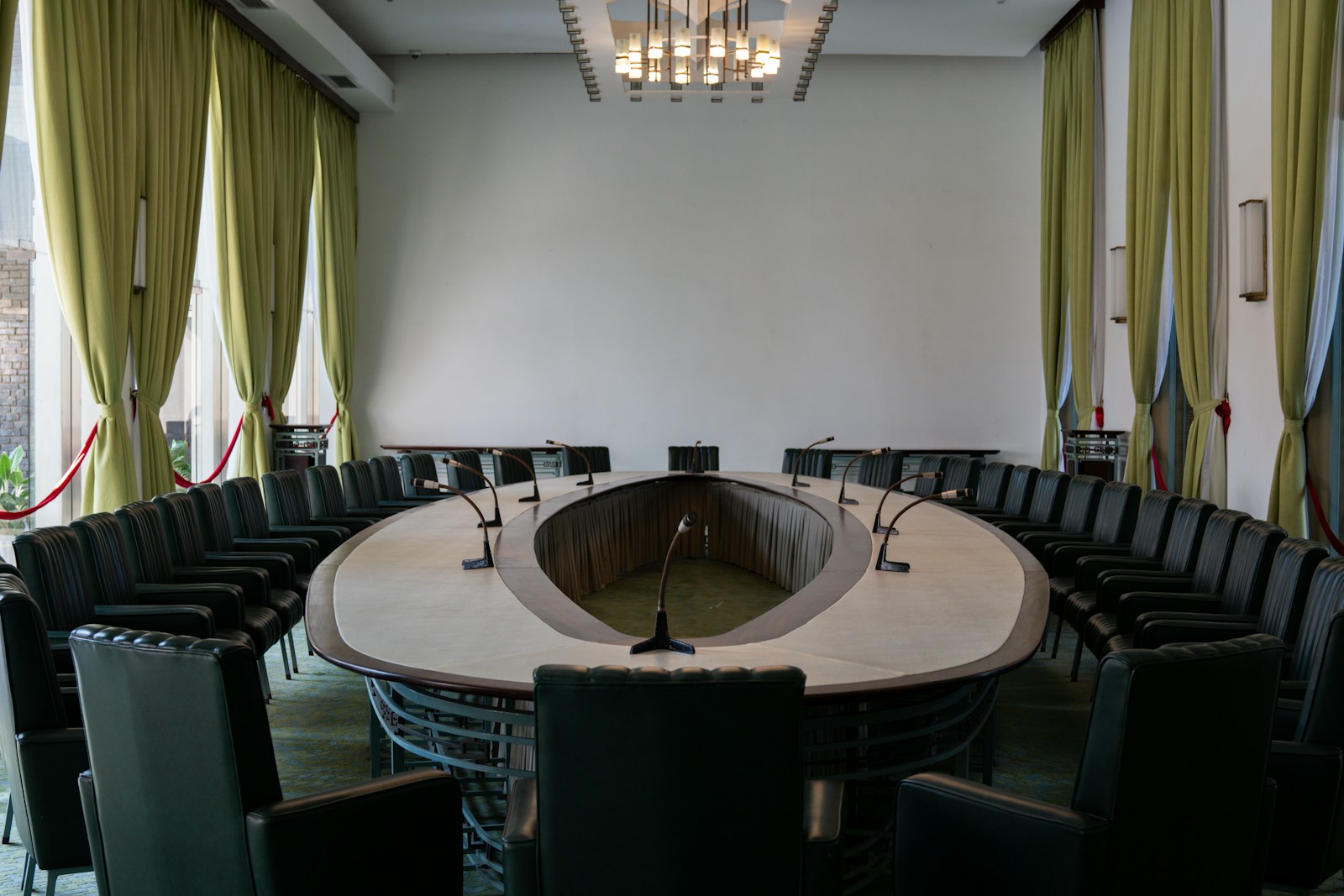The Roundtable: Understanding the 'Swiftonomics' Phenomenon

Editor's Note: Welcome to our monthly roundtable discussion. Each month, our five student editors will come together to debate a major issue shaping our world. This transcript has been lightly edited for length and clarity.
Anthony Min: We usually talk about governments and central banks, but this month, I want to talk about a different kind of economic force: Taylor Swift. Her Eras Tour, which has been traveling the globe for over a year, is on track to be the highest-grossing tour in history. But what's really unprecedented is its measurable, macroeconomic impact. We're seeing central bankers and heads of state talk about "Swiftonomics." The Federal Reserve has cited her tour as a driver of tourism. Canadian Prime Minister Justin Trudeau publicly pleaded with her to add more Canadian dates. This is a new level of economic power for a single entertainer.
Saerom Kim: From a cultural perspective, it's absolutely fascinating. The tour is less a concert and more a multi-day festival for each city it visits. The demand for tickets is so high that fans who can't get in, known as "Swifties," are gathering in the thousands in the parking lots just to listen. The friendship bracelet trading phenomenon has become a huge part of the experience. It has created this massive, positive, and highly organized global community. It's a level of fan engagement that is almost unheard of.
Yonghyuk Choi: It's the ultimate sports story, even though it's music. She has built a "franchise" with a level of fan loyalty that most sports teams could only dream of. Her strategic re-recording of her old albums to regain control of her master recordings was a brilliant move, a way of taking on the "owners" of her own work. It's a story of an athlete, or in this case an artist, taking control of her own career and her own brand in a way that is really inspiring.
Anthony Min: Let's break down the business model, because it's a masterclass. First, the pricing is incredibly sophisticated, using dynamic pricing models to capture the maximum possible revenue for tickets. Second, the merchandise operation is a behemoth. But the real economic impact is ancillary. When the tour comes to a city, hotel occupancy rates skyrocket. Restaurant and retail spending goes through the roof. It's like hosting the Super Bowl, but it happens every single weekend in a new city. Some estimates have put the total economic impact of the tour in the billions of dollars.
Yehee Jung: I think it's also interesting to look at this from a public health and well-being perspective. After years of isolation and disconnection from the pandemic, there is a deep, pent-up demand for large-scale, collective joyful experiences. The Eras Tour has become a focal point for that. It’s a form of collective catharsis, a public space where tens of thousands of people can come together and share a positive emotional experience. The psychological benefit of that kind of communal joy is very real and very powerful.
Minwoo Jung: I'll admit, this is a topic that is a bit outside my usual wheelhouse of geopolitics. But I think there is a soft power angle here. The global success of an American artist on this scale is a powerful projection of American cultural influence. At a time when America's political and military influence is being challenged around the world, its cultural exports—its movies, its music, its brands—remain one of its most powerful and enduring sources of global power. The Eras Tour is, in its own way, a demonstration of that.
Final Thoughts
Yonghyuk Choi: Taylor Swift has proven that the most valuable franchise in the world might not be a sports team, but a single, brilliant artist.
Anthony Min: "Swiftonomics" is a fascinating case study in how a single, well-managed brand can become a legitimate macroeconomic force.
Saerom Kim: The Eras Tour is less a concert and more a joyful, global phenomenon that has created a powerful sense of community for its fans.
Yehee Jung: It's a powerful example of the deep human need for collective, joyful experiences, particularly in a post-pandemic world.
Minwoo Jung: It serves as a potent reminder that America's most dominant and resilient export is, and has always been, its culture.
What do you think? Is the "Swiftonomics" phenomenon a sign of a healthy economy, or a strange new form of celebrity worship? Let us know your thoughts in the comments below.



